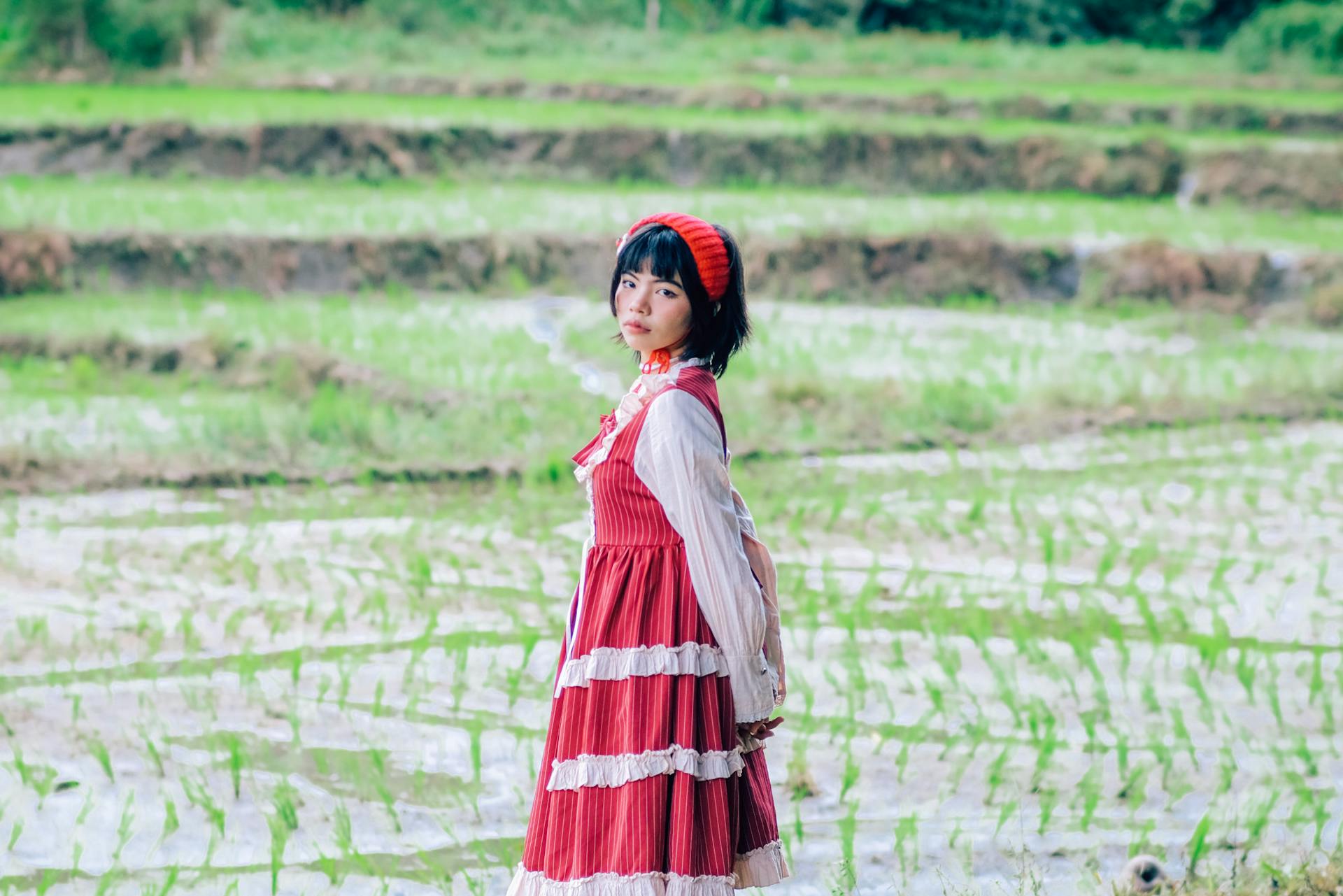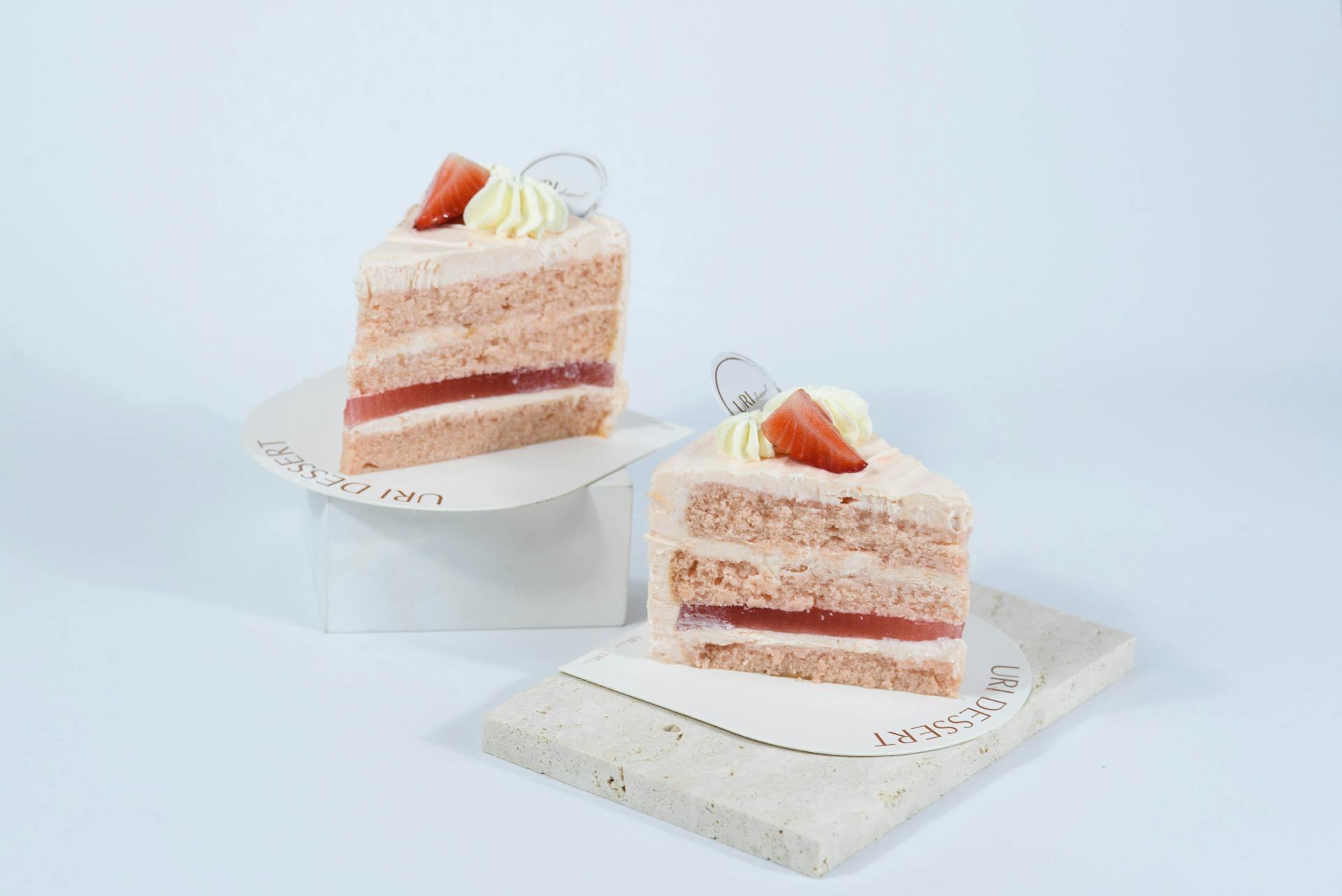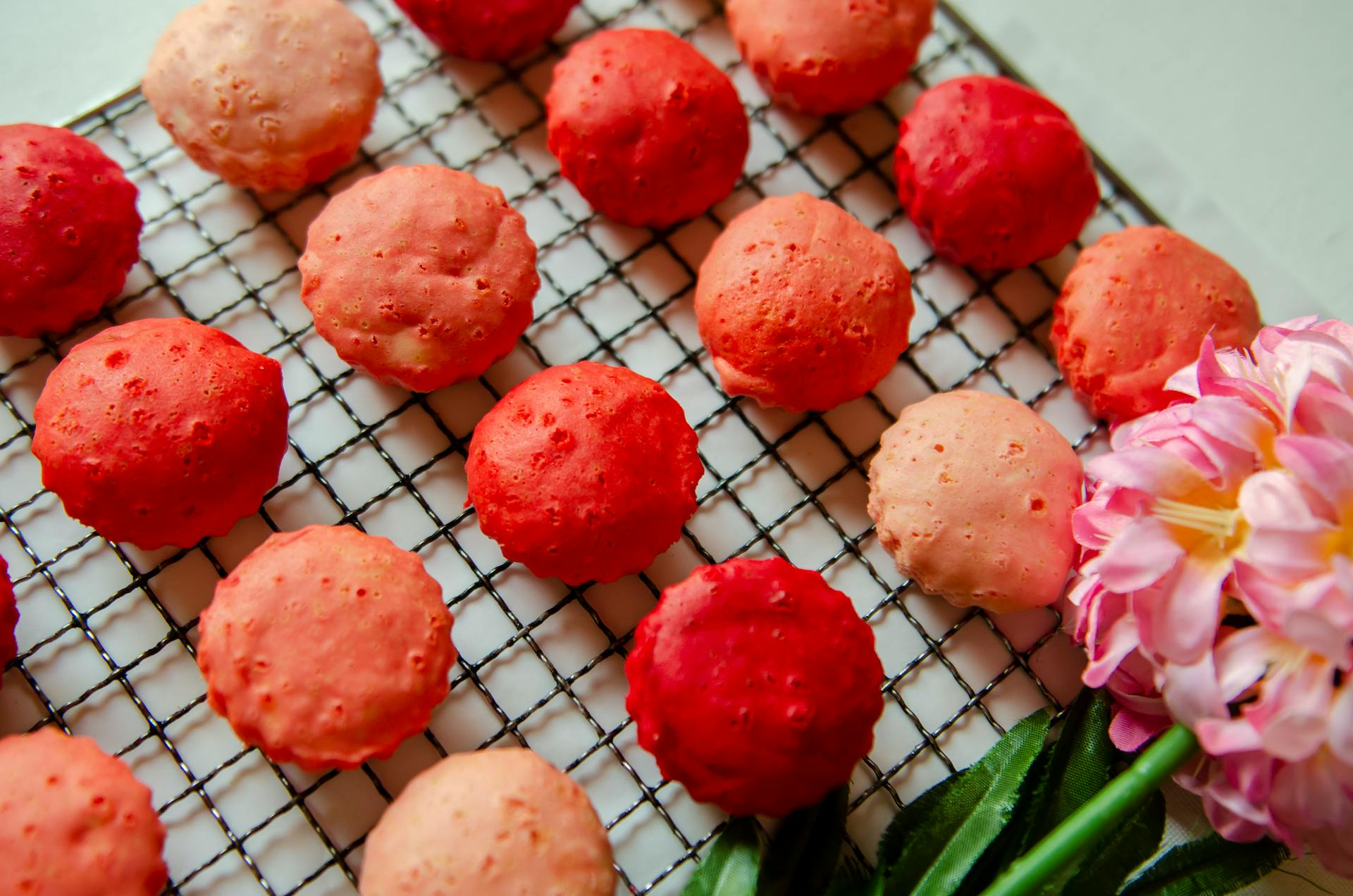
When it comes to understanding gluten-free diets, there is a lot of confusion surrounding rice cakes. They may look deceptively plain, but figuring out their gluten-free status has caused a whole lot of controversy. The answer to the question - are rice cakes gluten free? – depends on several factors.
To understand why there is such confusion surrounding rice cakes and their gluten-free status, it helps to examine what causes this grain-derived foodstuff’s potential for containing gluten. To begin with, the grains that are generally used in making rice cakes, from white or brown rice to millet, may be combined with wheat or other grains containing gluten (such as oats) when they are processed into the finished product. Additionally, some manufacturers may label their products “gluten free” even when they contain grains that have small but measurable levels of gluten.
The only way to know for sure if a certain brand or manufacturer is producing truly gluten-free rice cakes is to carefully read all of the labels and ingredients lists of any product before purchasing it. Look out for any and all forms of wheat, rye and barley on the list, and check whether any wheat derivatives (likemalt syrup or malt extract) have made it into the cake mixture during processing. Gluten-free certification is another reliable means of verifying that a particular brand produces truly safe products for people with Celiac Disease or other forms of gluten sensitivities.
In summary, due to cross contamination risks and general unreliability in labeling standards in regards to many types of foodstuffs (including rice cakes), checking labels and verifying certification is important whenever someone with food allergies is trying to make an informed decision about what’s safe for them to consume.
Recommended read: Rice Cakes Keto Friendly
Are potato chips gluten free?
Are potato chips gluten free?
This is a common question that gets asked by people who are living with gluten intolerances and allergies or just generally health or calorie conscious. The answer is that it really depends on the kind of potato chip you’re consuming. Many standard potato chip varieties are usually gluten free, since they are made from only potatoes, vegetable oil, and salt. It's important to double check the labels to be sure they meet your specific dietary needs since some brands may include wheat flour as an ingredient, or even be processed in facilities that are not gluten-free certified.
Aside from standard potato chips, you also need to be careful to watch for flavored chips and types of chips like kettle chips might have hidden sources of gluten in their seasoning mixes. Non-gluten containing seasonings such as garlic powder, chili powder, vinegars, onion powder and other spices are recommended for making homemade gluten-free chips - but if the brand doesn’t mention specifically about being certified by a third party agency then it's best not to consume them.
For those who are still uncertain about what types of potato chips are safe to eat, there are numerous certification agencies which offer labeling systems that signify that a food item is safe for those with dietary restrictions. Be sure to check out local bakeries and stores where you can find specialty chips labeled as “gluten free” or “made without wheat ingredients".
Is popcorn gluten free?
Popcorn is one of those classic snack foods that nearly everyone has enjoyed at one time or another. For those with gluten sensitivities, the thought of indulging in a bowl of popcorn can be daunting, as gluten lurks in unexpected places.
The good news is that for all intents and purposes: yes, popcorn is gluten free! Popcorn itself does not contain gluten and does not contain any of the ingredients commonly associated with containing gluten such as wheat, rye or barley. However, as we are learning more about hidden forms of gluten, labels should be thoroughly checked to confirm a product’s ingredients and processing methods to make sure it’s safe for consumption by those with celiac disease or a serious gluten intolerance.
When it comes to store-bought snacks such as pre-popped popcorn and microwaveable popcorn, there are lots of tasty varieties labeled ‘gluten free’ that can be purchased quite easily. It’s important to read these labels carefully as some brands add various coatings or seasoning powders to their popcorn that contain wheat—so make sure the product says ‘gluten free’ right on its label. Plain popcorn kernels can be cooked on the stove or in an air popper for an easy snack without any extra additives necessary if you prefer something that does not use pre-packaged seasoning packets.
All in all: in its most basic form, popcorn is naturally a gluten-free food! With the abundance of options popping up from companies dedicated to providing safe snacks for those with restrictive diets, enjoying this beloved snack food is quite possible—even if you need to watch out for hidden sources of allergens.
Are corn tortillas gluten free?
When it comes to dietary concerns, one of the questions people frequently ask is “are corn tortillas gluten free?” The answer is yes, corn tortillas are usually gluten free. Corn is naturally free from any wheat based ingredients, so even when packaged in a factory that handles wheat products, they are generally considered safe for those with gluten allergies or sensitivities.
However, due to the prevalence of cross contamination in food production today, it’s best to check the label before consuming them. Some companies may add flour or other wheat-based ingredients to their production process. To be on the safe side, you should always look for labels proclaiming “gluten free” when buying your favorite variety of tortilla. Gluten-free versions are definitely becoming more popular now days!
Besides this being an important ingredient in Mexican cuisine and an essential part of Latin American diets, using corn allows for a delicious alternative if you’re trying to avoid processed foods. Not only do corn tortillas have no added preservatives and flavorings but some brands also offer organic options. Furthermore, their nutritional value is high and similar to a lot of other processed grains including rice; each serving provides 4g of both protein and fiber if you choose original varieties or try some newer recipes such as grilled cheese quesadillas made from high-fiber whole wheat and yellow corn tortillas!
Is couscous gluten free?
Couscous may be a small grain, but it is certainly a powerhouse when questioned with regard to gluten-free status. While couscous itself is naturally gluten-free, not all types of couscous are made without gluten and this can be an area of confusion for those on a gluten-free diet.
At its most basic form, couscous is a small grain made of semolina, which is itself a wheat flour that contains gluten and then rolled into fine granules or beads before being cooked. However, the semolina in couscous most likely undergoes some separation between the endosperm and the germ, which should make it naturally gluten-free on its own. But this isn’t always the case with store-bought varieties, as many have additional ingredients added such as wheat flour or barley flour that would render them not safe for people with celiac disease or other forms of gluten intolerance.
The best way to guarantee your recipes are assembled with ingredients that are completely free from gluten is to look for labeled "gluten-free" brands, however many traditional recipes just call for your basic store bought couscous. In this case, if you do want to include it in your gluten-free diet it’s important that you first read labels carefully to double check there are no other sources of potential contamination. Even with these precautions, some people simply feel more comfortable avoiding all grains – whether they are labeled as “gluten-free” or not – altogether and exploring the many other wonderful types of grains such as quinoa and buckwheat - which are naturally free from any traces of wheat and therefore a safe bet for those opting out from consuming any forms of grains within their diets.
So in conclusion: Yes, plain couscous can be considered potentially safe for someone following a strict gluten free diet provided they check the packaging to ensure no additional ingredients have been included but it’s important to bear in mind that extra care must be taken when selecting store bought brands if opting for that route instead in addition to avoiding any other forms of wheat based products completely.
Are millet crackers gluten free?
Millet crackers are becoming increasingly popular amongst health-conscious individuals and celiac disease sufferers alike. They contain high levels of iron, magnesium, and manganese, making them a powerhouse of nutrition - but do millet crackers contain gluten?
The answer is yes and no. Many brands offer certified gluten-free millet crackers which confirms that their products were produced in an environment free from any ingredients containing gluten. On the other hand, some brands may not necessarily label the product as “gluten free,” but if their ingredient list only includes millet and water - then they are inherently free of gluten.
It's always advisable to double-check with the manufacturer to confirm that their millet crackers are indeed gluten-free before purchasing them. The product label should also specify whether or not the millet crackers have been processed in a facility containing wheat ingredients or other cross contamination triggers. Additionally, one should be aware of potential cross contamination as many companies that produce millet crackers also produce other products containing wheat.
In conclusion, strictly speaking millet itself is gluten-free - however it's important to ensure that any brand you purchase is certified accordingly to ensure they are totally free from cross contamination. Having done so however, you can rest assured that purchasing millet crackers offers a nutritiously delicious snack which is safe for those with celiac disease and anyone looking for a healthier crunchy treat!
Sources
- https://cheffist.com/are-rice-cakes-gluten-free/
- https://www.healthline.com/nutrition/are-rice-cakes-healthy
- https://www.drizzilicious.com/are-rice-cakes-gluten-free/
- https://iupilon.com/are-rice-cakes-gluten-free/
- https://www.quakeroats.com/products/rice-snacks/rice-cakes/
- https://draxe.com/nutrition/rice-cakes/
- https://www.quakeroats.com/products/rice-snacks/rice-cakes/lightly-salted
- https://www.quakeroats.com/products/rice-snacks/rice-cakes/chocolate
- https://www.naturallygluten-free.com/gluten-free-rice-cakes.html
- https://blog.homemade-baby-food-recipes.com/are-rice-cakes-gluten-free/
Featured Images: pexels.com


